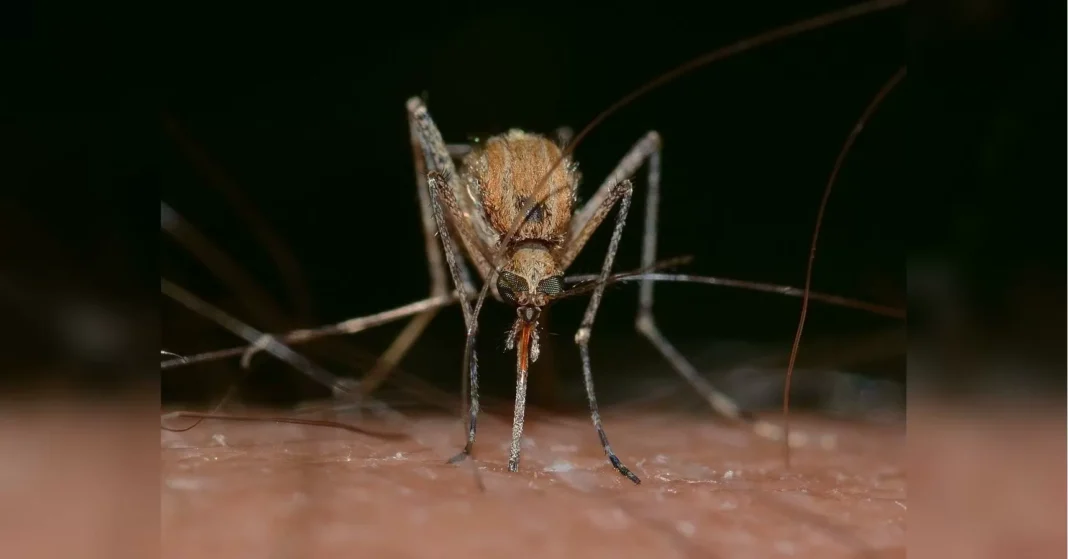A team of scientists has recently conducted a groundbreaking study on mosquitoes that carry extremely dangerous viruses. These tiny insects have long been known to be carriers of deadly diseases, such as malaria, dengue fever, and Zika virus. However, this new research sheds light on the potential for these mosquitoes to spread even more dangerous viruses.
The study, led by a team of researchers from various universities and research institutions, aimed to better understand the behavior and biology of mosquitoes that carry viruses. The team focused on two specific species of mosquitoes, Aedes aegypti and Aedes albopictus, which are known to transmit viruses such as yellow fever, chikungunya, and dengue fever.
The research team conducted their study in several regions around the world, including South America, Africa, and Asia. They collected samples of mosquitoes and analyzed their genetic makeup to identify any potential viruses they may be carrying. The results were alarming – they found that these mosquitoes were carrying a wide range of viruses, some of which were previously unknown.
One of the most significant findings of the study was the discovery of a new strain of the dengue virus, which is known to cause severe illness and even death in some cases. This new strain, called DENV-5, was found in mosquitoes in several regions, including Brazil and Thailand. The researchers believe that this strain may have evolved from a previous strain and has the potential to cause even more severe symptoms.
The team also found that these mosquitoes were capable of carrying multiple viruses at once, making them even more dangerous. This means that a single mosquito bite could potentially transmit multiple viruses to a person, increasing the risk of severe illness and complications.
The study also revealed some interesting insights into the behavior of these mosquitoes. It was found that they are attracted to certain odors, such as the smell of sweat and carbon dioxide, which is emitted by humans. This explains why they tend to bite humans more often than other animals. The researchers also discovered that these mosquitoes are most active during the day, which goes against the common belief that they are only active at night.
The team also studied the breeding habits of these mosquitoes and found that they prefer to lay their eggs in stagnant water, such as in flower pots, old tires, and other containers. This highlights the importance of proper sanitation and eliminating standing water to prevent the breeding of these mosquitoes.
The findings of this study have significant implications for public health and disease control. With the potential for these mosquitoes to carry and transmit multiple viruses, it is crucial to develop effective strategies to control their population and prevent the spread of these diseases. This could include measures such as insecticide spraying, eliminating breeding sites, and using genetically modified mosquitoes to reduce their ability to transmit viruses.
The research team hopes that their findings will lead to a better understanding of these mosquitoes and their role in spreading dangerous viruses. They also believe that this study could pave the way for the development of new treatments and vaccines to combat these diseases.
In conclusion, the study conducted by this team of scientists has shed new light on the potential dangers of mosquitoes and their ability to spread deadly viruses. Their findings highlight the need for continued research and effective measures to control these insects and prevent the spread of diseases. It is crucial for governments and health organizations to take action and address this growing threat to public health. By working together, we can protect ourselves and future generations from the devastating effects of these dangerous viruses.

